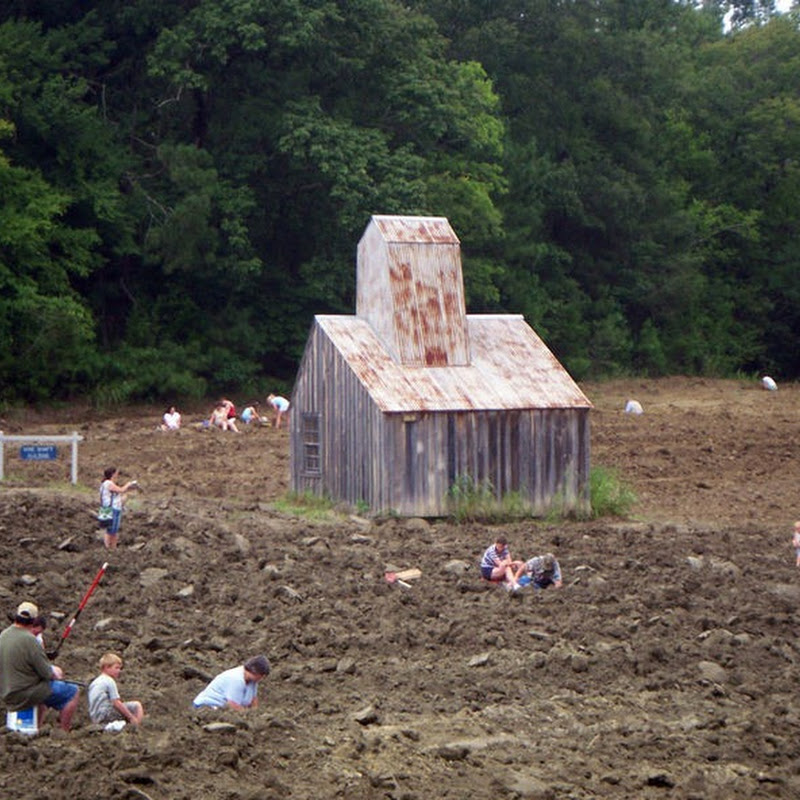Advertisement
One of the strangest places in Utah, United States, is Goblin Valley located in Emery County between the towns of Green River and Hanksville. This valley, which is only about a mile across and two miles long, is filled with thousands of hoodoos —eroded sandstone rocks, carved by the wind and the water into shapes suggesting mythical goblins and other phantasmagoric creatures. The most striking of these formations are three isolated hoodoos, immense in size, standing on top of a narrow ridge, surrounded by the flat, grassy land that extends for miles around.

Photo credit: morgan/Flickr
The hoodoos were formed by the erosion of the so-called Entrada sandstone, that was deposited during the Jurassic period between 180 and 140 million years ago, when the area was situated next to an ancient sea. These odd shapes were created because the Entrada sandstone is made up of different kinds of sedimentary rocks having different levels of hardness, causing the rocks to erode at different rates. The softer rock material eroded more quickly, leaving the harder rock behind in the shape of ‘goblins’.
The secluded Goblin Valley was first discovered by cowboys searching for cattle. Then, in the late 1920s, Arthur Chaffin, the later owner of the Hite Ferry, along with his companions were searching for an alternate route between Green River and Caineville, when they came to a vantage point about 1 mile west of Goblin Valley. It is said that Chaffin and his companions were awed by what they saw —five buttes and a valley of strange, goblin-shaped rock formations surrounded by a wall of eroded cliffs. Chaffin named the area Mushroom Valley. He returned to it in 1949 and spent several days exploring the mysterious valley and photographing its scores of intricately eroded rocks.
In 1954, the property was acquired by the state of Utah and the Goblin Valley State Reserve was established. It was officially designated a state park in 1964.
Photo credit: Pam Falcioni/Flickr
Photo credit: Rob Lee/Flickr
Photo credit: morgan/Flickr
Photo credit: Steve Corey/Flickr
Photo credit: Art Bromage/Flickr
Photo credit: jimmy thomas/Flickr
Sources: Wikipedia / MNN.com / Summit Post
Subscribe to our Newsletter and get articles like this delieverd straight to your inbox
















